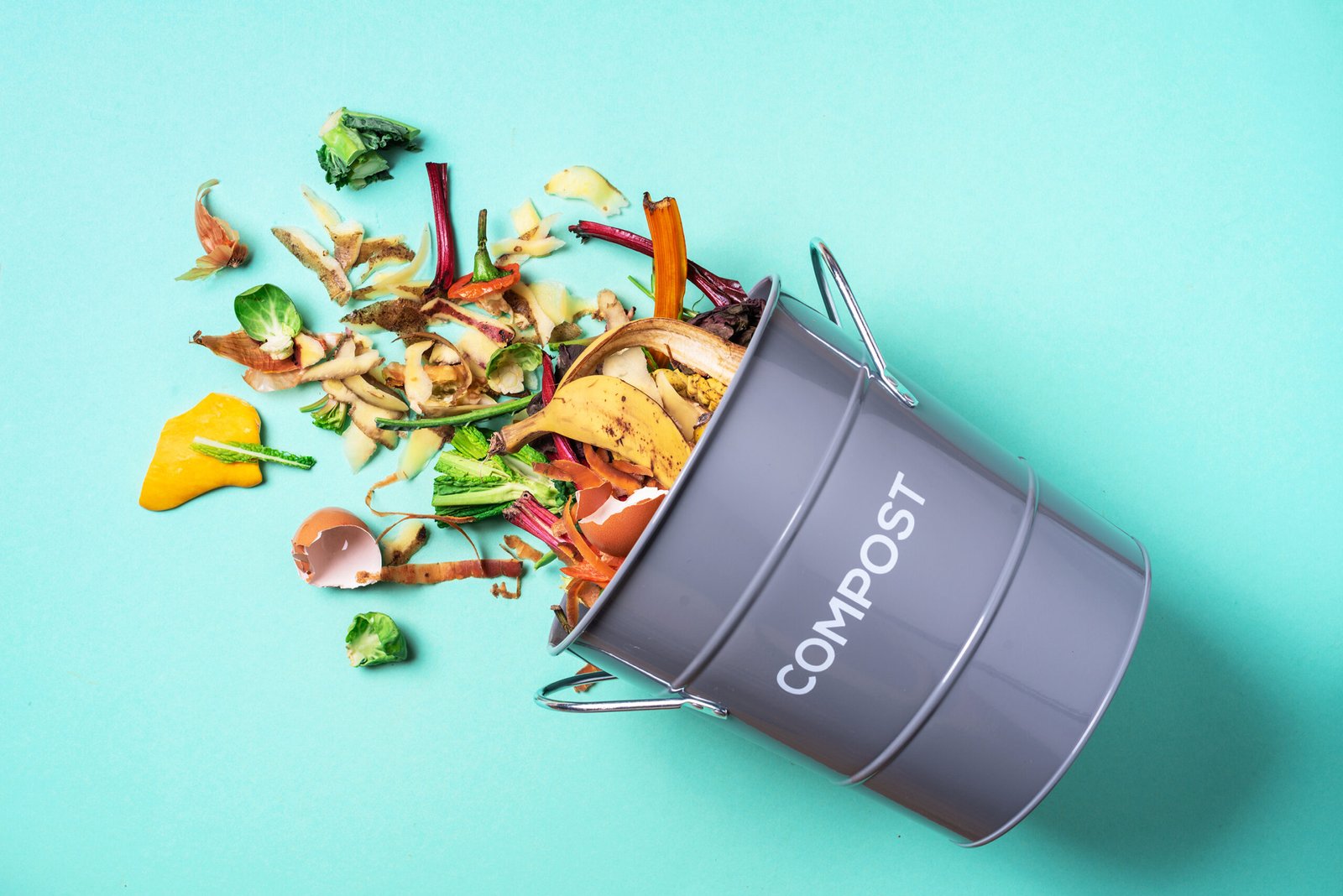
Fresh Insights on Food Waste: Analyzing the Implications for Our Food Infrastructure
- foodfightadmin
- April 10, 2023
- Events, Food Waste
- resources latest july
- 0 Comments
ReFED, a nonprofit organization dedicated to data-driven solutions for food waste, has released the latest statistics from its Insights Engine. The U.S. Environmental Protection Agency (EPA) has also provided updated numbers this month.
What do these numbers tell us? In 2021, the United States produced a staggering 91 million tons of surplus food, accounting for approximately 38 percent of the country’s total food supply. On average, that amounts to 548 pounds of excess food per person. In terms of value, this surplus food is estimated to be worth a whopping $444 billion, equivalent to about 2 percent of the nation’s GDP.
Food waste is not a single isolated problem but rather a complex issue that spans the entire global food supply chain. Consequently, measuring food waste with precision has proven to be extremely challenging. ReFED is working diligently to analyze data and provide insights to help us grasp the true extent of food waste and find effective solutions.
The implications of these numbers for the food system are significant. To explore the impact further, join a fireside chat, hosted by Food Tank, on April 21 at 1:00 PM ET ( https://www.youtube.com/watch?v=JjSXHBIRLyY During this discussion, Dana Gunders, Executive Director of ReFED, and Claudia Fabiano, an expert on food waste measurement methodology at the EPA, will delve into the topic.
Delving into reports from ReFED and the EPA, attention must be paid to the produce section of grocery stores. Consumers are accustomed to seeing an abundance of fruits and vegetables year-round, regardless of whether they are in season locally, but this abundance also contributes to waste. Consider the bottom produce in those towering displays that often gets damaged or spoiled. Even discounts like buy-one-get-one can lead to waste if the excess purchased food goes bad in our refrigerators.
On a larger scale, the complex global supply chains responsible for delivering these foods are directly linked to the climate crisis. United Nations data reveals that food loss and waste account for approximately 7 percent of global greenhouse gas emissions. Additionally, nearly one-third of the world’s agricultural land is dedicated to producing food that ultimately goes uneaten, while millions of people suffer from hunger.
To address this issue, it’s crucial to examine the power dynamics within the food system. What are corporate leaders and store managers doing to reduce waste? Do we have robust legislative policies that incentivize food donation over disposal? Most importantly, are we supporting regional food networks capable of providing the necessary quantities and culturally specific varieties of food that communities require?
Before we can tackle these challenging questions, we must accurately measure food waste. Reliable statistics on food loss and waste enable farmers to fine-tune production, policymakers to craft effective legislation, and consumers to avoid unnecessary waste. That’s why ReFED’s work is so important. Having quantifiable facts about the current state of food waste allows us to measure progress accurately and set ambitious goals for the future.
Fortunately, awareness of food waste has grown significantly over the past decade. Reducing food waste is now an integral part of the U.N. Sustainable Development Goals and aligns with targets set by the U.S. Department of Agriculture and the EPA. Organizations like the Harvard Food Law and Policy Clinic provide essential analysis at a country-specific level, and the recent signing of the Food Donation Improvement Act into law is a testament to the transformative impact being made.








